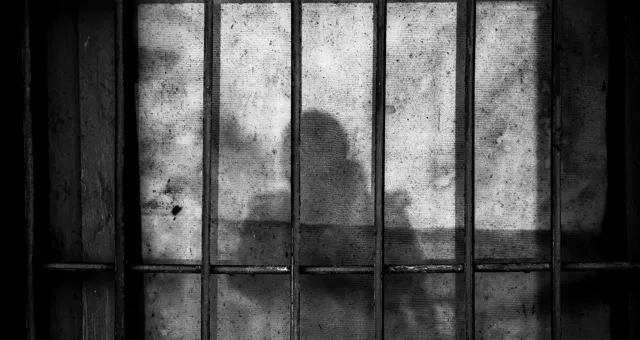
One Of 2019’s Best Crime Novels & More Must-Read Mystery & Thrillers
This content contains affiliate links. When you buy through these links, we may earn an affiliate commission.
A monthly roundup of favorite mystery and thriller reviews from the biweekly Unusual Suspects crime newsletter, highlighting some great new releases and backlist mysteries that shouldn’t be missed.
I had a particularly great reading month in October when it came to nonfiction crime: from an 1800s Harvard murder to one of the best memoirs I’ve read. I also read one of 2019’s top crime novels, a vigilante justice team I loved, and an is-my-ex-a-serial-killer (?!) novel. Hope you find your next favorite crime read on this list!
Recent Releases
I want to start by saying that if you’re a fan of crime novels, I recommend picking this one up without knowing anything about it as I really love the way Cha unfolds everything—basically you’ll get maximum impact. For those going, “Nope, I’m gonna need to hear more,” here you go: Cha’s novel is not only built upon the turmoil and unrest from the 1992 Los Angeles riots but also based on a real case many have probably never heard of. Following a Korean American family (mostly through Grace, the youngest dutiful daughter) and a Black family (mostly through Shawn, helping out his cousin’s family) the novel explores family, racism, the injustice system, violence, revenge, culture, forgiveness and the inability to, with excellent characters and nuance. Your House Will Pay is a truly important and great crime novel that keeps Cha’s noir writing and influences alive. It’s been a month since I read it and I still randomly find myself wondering about the characters in the novel and thinking about a lot of hard questions.
Until now, Chanel Miller was only referred to as Brock Turner’s victim, Emily Doe, The Stanford Rape Case, and defined by the media, rape apologists, her rapist, and her victim impact statement posted on BuzzFeed. Refusing to be reduced to a violent act done to her, Miller decided to come forward with her name and story in order to show that she, like all victims, are whole, layered people. I hate that it is under these circumstance the world will discover what a fantastic writer Miller is–and it feels weird considering the subject matter saying how fantastic this book is, but it is. From her introspection to her observations on rape culture, this is a must-read memoir that not only takes you through the entire case but also lets you get to know Miller (who fiercely loves her sister and does standup!) and her family. Miller is a *beautiful and brave person whose added voice to dismantling rape culture will resonate, light a fire, and give hope to many. I went with the audiobook, which Miller narrates, and I 100% recommend that format if you listen to audiobooks.
*She does not need to be any of those things to be believed and listened to. (TW rape/gaslighting/discussions of past suicides, with detail/discussion of mass shooters, event details/misogyny)
This is one of those books that, because of the subject matter of the “cases,” could have been dark to dark AF. But, instead, it veers away from that and felt more like a fun-ish novel thanks to the crew of vigilante women trying to take down the evil of the world. Which is what the Athena Protocol is: a top secret organization—with zero ties to any agency—that is led and run by women enacting vigilante justice. It starts with the group freeing girls from human traffickers, but the assignment goes wrong when Jessie Archer ignores protocol. Now, Archer finds herself kicked out of the group but unable to let the work go. So she goes rogue, continuing to help with missions even though her former spy partners have strict orders to bring her in… If you need a good dose of women kicking ass and saving the day, this did that with a good balance of great characters (character growth included) who have their own baggage and issues while trying to help others. If this is the start to a series, count me in as definitely reading the sequel. (TW human trafficking/addiction/child rape, death)
This is another one that I’d mostly put in the nonviolent true crime category (there’s a brief murder and dog poisonings) that works really well for fans of books like The Feather Thief. Once again you may think you have zero interest in the subject matter—fungus!—but let me tell you, this is a ride! From how and where truffles grow to food and region “snobs” to how truffles became a delicacy and how that led to thieving, a task force, dog training, and of course fraud. And by fraud I mean are you sure you’re eating what you think you’re eating?! If you’re a fan of microhistory books and nonviolent nonfiction, this is a fascinating read basically on how humans can ruin anything. I went with the audiobook for the enhanced feeling of being told a wild story. (TW animal abuse)
Backlist
This takes a look at the vanishing of the wealthy Dr. George Parkman, who was last seen visiting Harvard Medical School on November 23, 1849; the man accused of his murder; the infamous trial; along with some Boston and Harvard history. This is one of those nonfiction books that works well if you’re into history, seeing the justice system in different time periods along with journalism, and playing the are-they-guilty-or-not game (if you don’t already know the story). Also, there’s some bits in here that are for fans of the “body farm” and um, well, how they basically used to study what happens to dead bodies. I went with the audiobook because you know I like being told these kinds of stories, and Kevin Kenerly has a really nice voice and speaking rhythm. (TW brief mention of attempted suicide with detail)
This was a really good did-he-or-didn’t-he mystery perfect for fans of past and present, fictional serial killers, and Irish crime novels. Alison Smith did not get the college experience she’d wanted since her freshman year ended with her best friend being the Canal Killer’s last victim and the serial killer being her boyfriend. I know! But now, ten years later, a woman is found murdered and questions arise whether the right killer is behind bars or if he had an accomplice all along? He’ll only speak to help the police if he gets to see Smith and now she’s forced to face the past herself…Told in alternating chapters between Smith’s college days and current life, we also get a few chapters of a killer… (TW panic attack on page/stalking on page)
I love falling down rabbit holes and have always been kind of obsessed with human behavior—sit me on a bench to people watch and I’ll never bore. Which is why this book was kind of perfect for me as it takes a look at the online communities/web sleuths that take it upon themselves to solve missing persons cases by matching them to unidentified bodies that have been found (in all kinds of decay). Halber basically ping pongs (think nonlinear narrative) between cases, web sleuths, the creation of online communities (including the infighting because humans, of course), law enforcement’s view on these groups/individuals, and opens up discussion for questions like, where is the line between helping and overstepping into people’s trauma and should law enforcement have all the power or is it good that these individuals are in a way bringing some power back to communities? (TW basically everything is talked about)



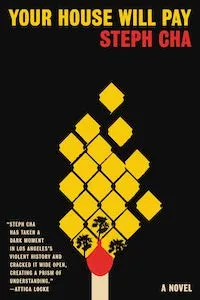 Your House Will Pay
Your House Will Pay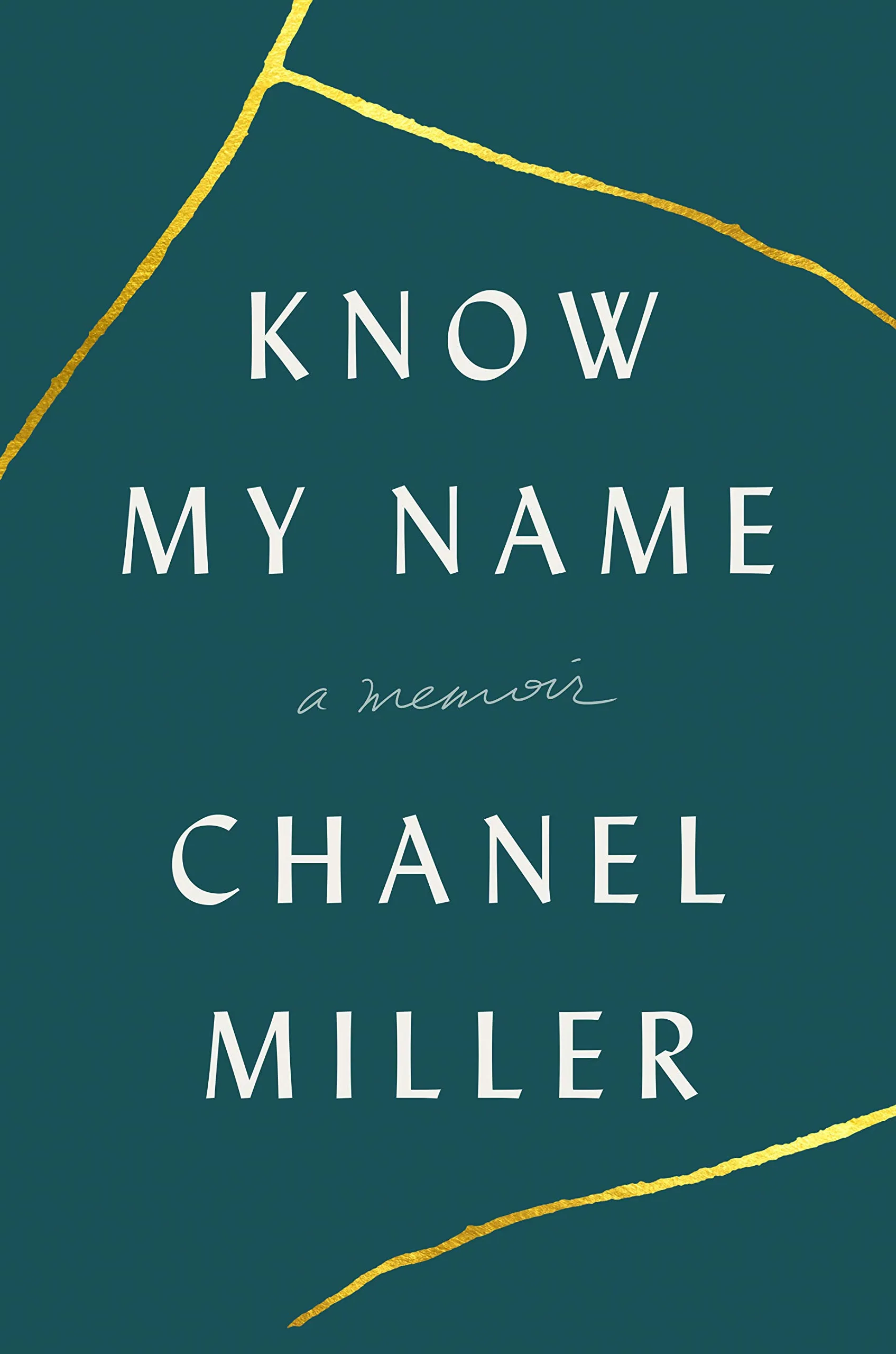 Know My Name
Know My Name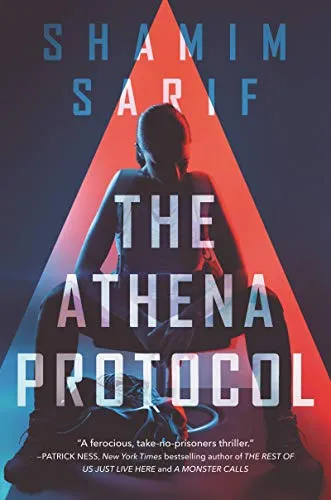 The Athena Protocol
The Athena Protocol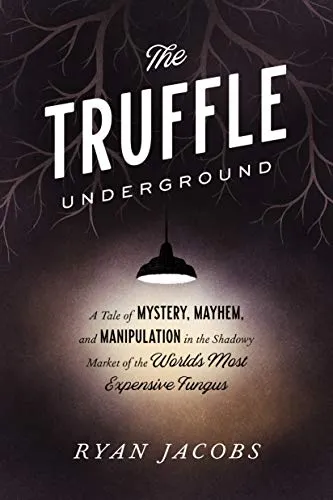 The Truffle Underground: A Tale of Mystery, Mayhem, and Manipulation in the Shadowy Market of the World’s Most Expensive Fungus
The Truffle Underground: A Tale of Mystery, Mayhem, and Manipulation in the Shadowy Market of the World’s Most Expensive Fungus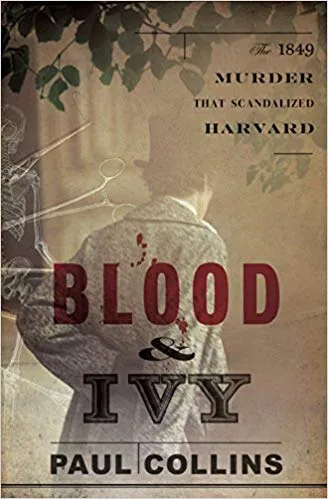 Blood & Ivy: The 1849 Murder That Scandalized Harvard
Blood & Ivy: The 1849 Murder That Scandalized Harvard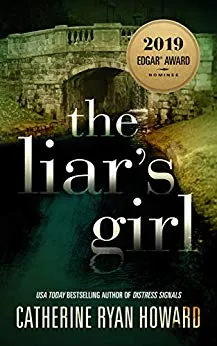 The Liar’s Girl
The Liar’s Girl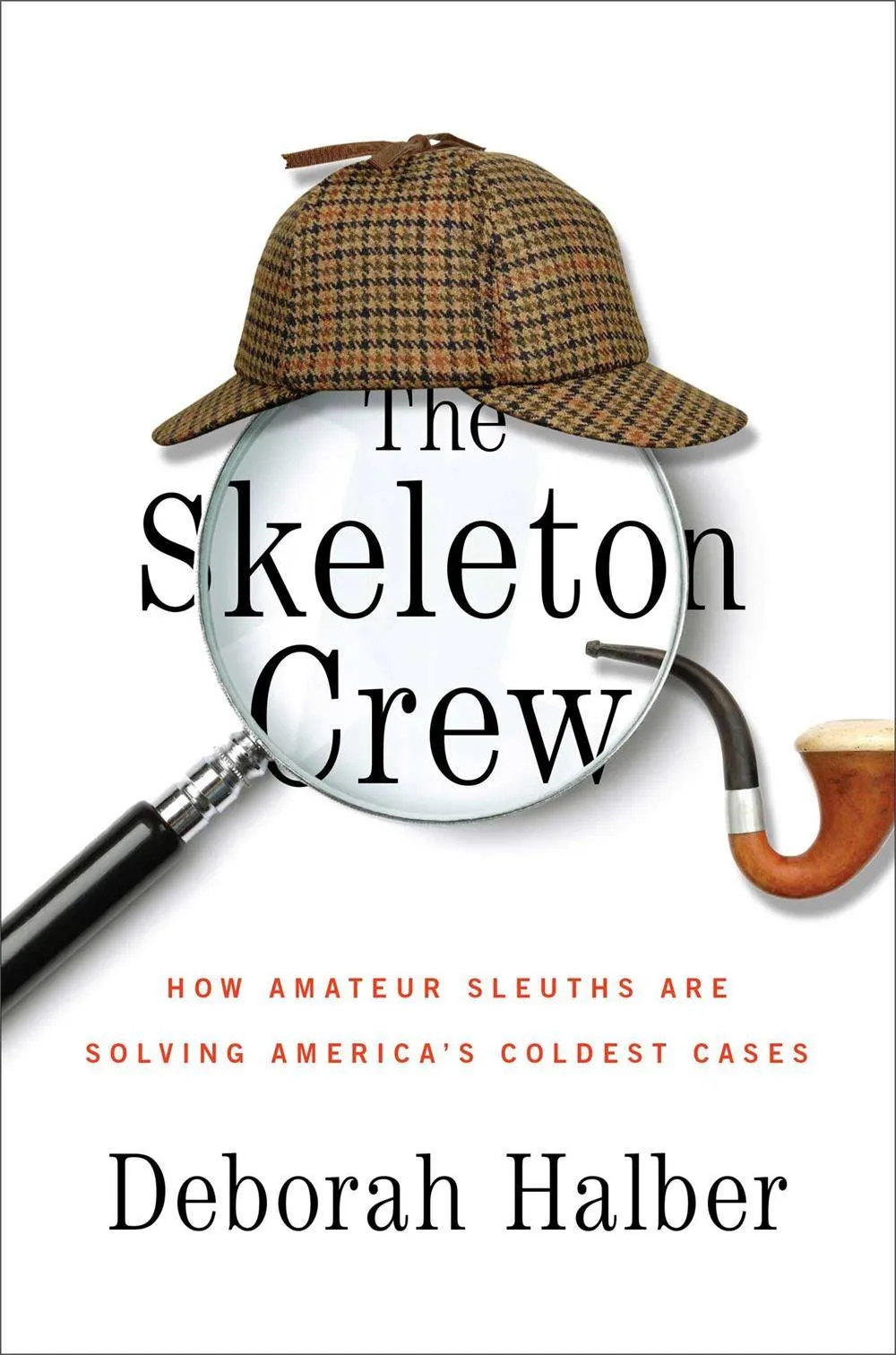 The Skeleton Crew: How Amateur Sleuths are Solving America’s Coldest Cases
The Skeleton Crew: How Amateur Sleuths are Solving America’s Coldest Cases






